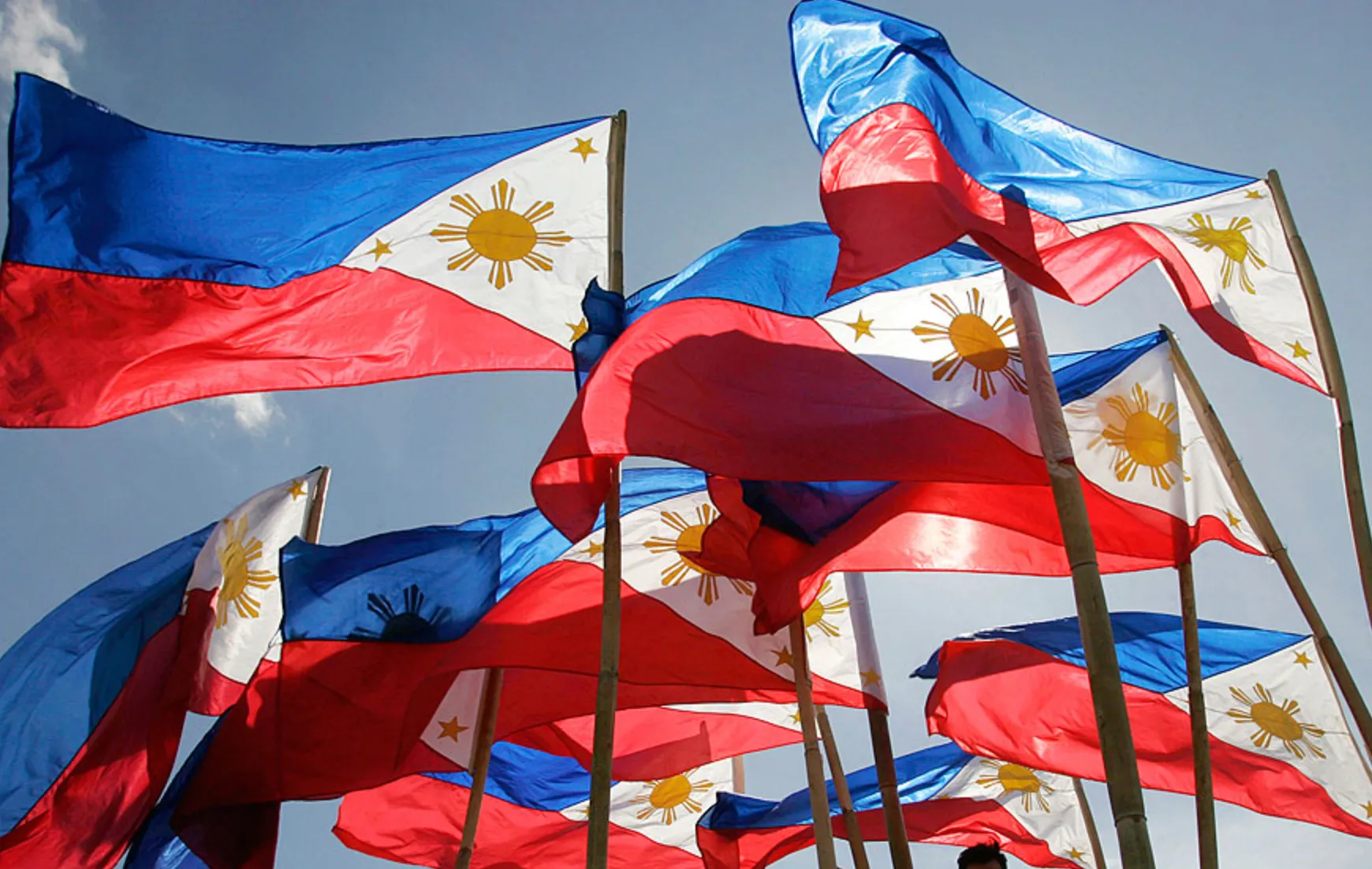
On July 22, 2024, Philippine President Ferdinand Marcos Jr. caused a stir with a sharp State of the Union address. In clear terms, he declared the end of Philippine offshore gaming operators (POGOs), a multi-billion dollar industry that has long served as a global hub for online gambling.
According to Executive Order 74 signed on November 5, POGOs, which are described as “hotbeds of corruption and crime,” will be completely shut down by the end of the year. In addition to the actual gambling operators, supporting service providers are also affected – from IT support companies to live casino studios and gaming software providers. The decision is seen as a historic turning point in Philippine economic policy, but it also raises important questions.
The government justifies the move with the significant risks that the industry poses.
- According to Marcos Jr., POGOs are not only responsible for rising crime rates and social tensions, but also for the country’s poor international image.
- A study by the Philippine Ministry of Finance supports this: the disadvantages, including money laundering, human trafficking and increasing violence, clearly outweigh the economic advantages of the industry.
- In recent years in particular, the sector has been increasingly associated with illegal activities that could even deter tourism and foreign investment.
- Last but not least, the Philippines has been on the Financial Action Task Force (FATF) grey list for two years. This marks it as potentially vulnerable to money laundering and terrorist financing – a burden that the ban is intended to reduce.
These are undoubtedly weighty arguments, but unfortunately the implementation of the new directive is not without controversy. Critics complain that Marcos Jr. is only enforcing the ban through a regulation instead of turning it into a binding law. This would leave loopholes open and call into question the long-term legitimacy of the measure, so the fears go. Incidentally, Ireland recently passed a new gambling law – with pretty strict rules.
Criticism: Why is the decree not made into law?
President Ferdinand Marcos Jr. defends his decision to implement the POGO ban only through an executive order as sufficient. According to Marcos, the decree is intended to strengthen public security, promote the rule of law and deter future illegal operations.
Critics, however, complain that such an order is not legally binding enough. This could allow POGOs to return in a modified form through loopholes. Senator Risa Hontiveros, chair of the committee monitoring POGO activities, emphasizes in a statement that the decree in its current form leaves important questions unanswered.
The main points of criticism at a glance
- Unclear definition: According to Hontiveros, key aspects of the ban remain unclear. In particular, this concerns how to deal with online gambling that takes place in casinos operated or licensed by the Philippine Gaming Authority PAGCOR. The senator asks whether this means that offshore gambling activities in integrated resorts such as “City of Dreams” or “Fontana” could still be allowed.
- Loopholes through special economic zones: Of particular concern is the possibility that special economic zones could serve as havens for modified POGO operations. These zones are often subject to less strict regulations, which creates room for interpretation and potential abuse.
- Securing the future: Senator Sherwin Gatchalian is calling for further steps to prevent a return of POGOs under a future administration. He proposes revising existing laws on the taxation of POGOs in order to deprive the industry of any legal basis.
Marcos dismisses these concerns, arguing that the ban does not only relate to licensing or location, but targets the entire nature of offshore gambling activity. “It is not a question of whether they are under PAGCOR or not,” he explained in an interview.
Critics remain skeptical, however, that the regulation without a legal resolution is sufficient to regulate the complex structures of the industry in the long term.
This is how the executive order is to be implemented in practice
Executive Order 74 provides for a comprehensive and phased strategy to completely remove Philippine offshore gaming operators from the country by December 31, 2024. In the process, specific tools for monitoring, enforcement and mitigating the economic impact were also issued. Speaking of which: Switzerland recently reported a new high of around 2,000 entries in the number of blocked foreign casinos.
Measures for regulation and termination:
- Cessation of new licenses: The application for new licenses or permits for POGOs and associated offshore service providers is prohibited with immediate effect.
- Non-renewal of existing permits: Licenses already granted may not be renewed, which means that all currently operated POGO activities must be ceased by the end of the year at the latest.
- Increased law enforcement: A key role is played by Law enforcement agencies such as the Presidential Anti-Organized Crime Commission (PAOCC), the Philippine Drug Enforcement Agency (PDEA) and the Philippine National Police (PNP). These are to work with the National Bureau of Investigation (NBI) to specifically target illegal gambling operations.
Protection measures for residential and commercial areas:
A particular focus of the regulation is on preventing illegal gambling activities in residential and commercial areas. The Department of Human Settlements and Urban Development (DHSUD) has been tasked with working closely with homeowners associations and property management companies to identify and report potentially unauthorized operations at an early stage.
Support for affected workers:
- The abolition of the POGO industry affects not only the operators, but also their employees – both Filipino and foreign. To minimize the economic damage, a special working group has been set up to:
- Organize training and retraining programs to train laid-off Filipino workers for other industries.
Introduce reintegration measures to find new jobs for employees as quickly as possible.
Provide support networks to ease the transition for affected families and communities.
Economic impact
Although POGOs contributed less than 0.5 percent to the Philippine gross domestic product by 2022, as reported in the international press, the scale of the job loss is significant. According to an analysis by the Department of Finance, operators employed a total of 66,547 people in 2023, including 41,347 foreign employees and 25,200 Filipinos. The government emphasizes that the economic loss from POGOs is small and will be offset in the long term by the positive effects of the abolition – such as improved public safety and international reputation.
Conclusion
With Executive Order 74, the Philippines is aiming to make a clear break with its previous role as a center for offshore gambling operators. The decree aims to curb corruption, crime and negative social impacts. Overall, public safety and the country’s international reputation are to be strengthened.
Critics warn, however, that the lack of legal anchoring could seriously jeopardize the sustainability of this project. The decision to issue a regulation rather than a law could have tactical reasons – such as faster implementation and more political flexibility. However, this means there is an increased risk that POGO-like structures will gain a foothold again under new pretexts.
The success of the ambitious plan to completely exclude such gambling companies will ultimately depend on how consistently the government pursues the measures and whether more legal clarity is created in the long term.











Be the first to comment